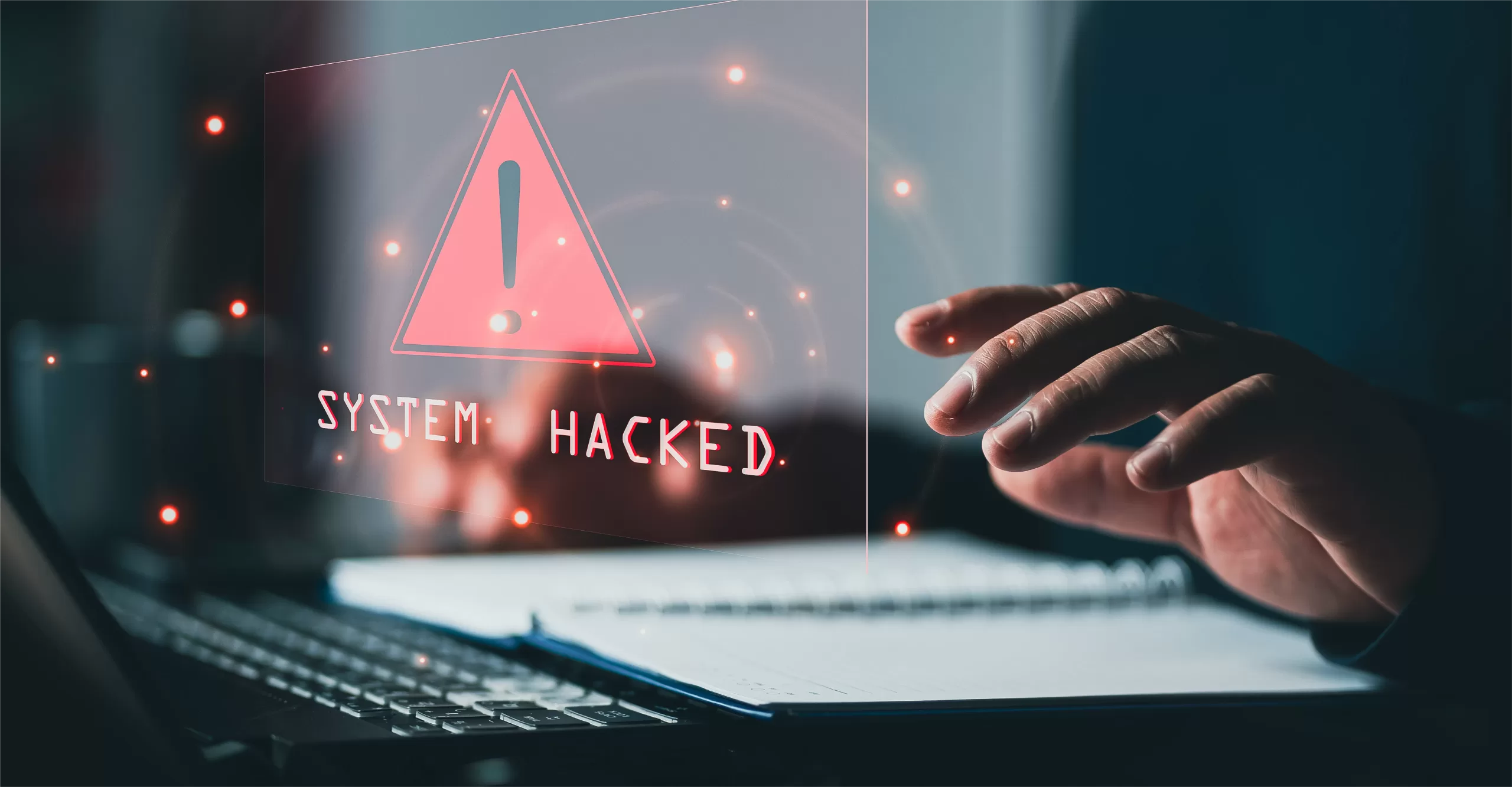In today’s digital landscape, businesses face an increasing number of cyber threats that can disrupt operations, compromise sensitive data, and cause financial loss. As cyberattacks become more sophisticated, organizations must integrate cybersecurity into their Business Continuity Plan (BCP) to ensure resilience against disruptions. A well-structured BCP not only safeguards against natural disasters and system failures but also prepares businesses for cyber incidents, ensuring minimal downtime and faster recovery.
Understanding Business Continuity and Cybersecurity
Business continuity planning is the process of creating systems and protocols to maintain business functions during and after a crisis. Cybersecurity, on the other hand, focuses on protecting systems, networks, and data from cyber threats. Integrating cybersecurity into your BCP ensures that cyber incidents do not cripple your business operations.
Steps to Integrate Cybersecurity Into Your Business Continuity Plan
1. Conduct a Cybersecurity Risk Assessment
A cybersecurity risk assessment helps identify potential threats, vulnerabilities, and their potential impact on business operations. Key steps include:
- Identifying critical assets and data.
- Analyzing potential cyber threats such as ransomware, phishing, and insider attacks.
- Assessing the likelihood and impact of each threat.
- Prioritizing risks based on severity.
This assessment provides insights into areas that require stronger cybersecurity measures within your BCP.
2. Develop an Incident Response Plan (IRP)
An Incident Response Plan (IRP) is a structured approach to managing breaches and cyber incidents. It should be an integral part of your BCP and include:
- Identification: Methods to detect cyber incidents quickly.
- Containment: Steps to prevent the spread of threats.
- Eradication: Measures to remove threats from affected systems.
- Recovery: Strategies for restoring normal operations.
- Lessons Learned: Post-incident analysis to improve security.
A well-documented IRP ensures employees know their roles in case of a cyberattack, reducing downtime and minimizing damage.
3. Implement Strong Cybersecurity Policies and Procedures
Having well-defined cybersecurity policies enhances your business continuity strategy. These policies should cover:
- Access Controls: Restricting access to sensitive data and systems to authorized personnel only.
- Data Encryption: Encrypting critical data to protect it from unauthorized access.
- Regular Software Updates: Keeping systems and software up to date to mitigate vulnerabilities.
- Secure Backup Practices: Ensuring offsite and encrypted backups for quick recovery.
- Remote Work Security: Implementing secure VPNs and multi-factor authentication (MFA) for remote employees.
4. Regularly Train Employees on Cybersecurity Best Practices
Human error remains one of the biggest security risks. Regular employee training can reduce the likelihood of cyber incidents. Training should include:
- Recognizing phishing emails and social engineering tactics.
- Secure password practices and the importance of MFA.
- Proper data handling and sharing protocols.
- Reporting suspicious activities promptly.
By making cybersecurity awareness a part of your company culture, you enhance overall resilience against cyber threats.
5. Establish a Cybersecurity Incident Communication Plan
Clear communication is crucial during a cyber crisis. Your BCP should outline how to:
- Notify employees, stakeholders, and customers about a cyber incident.
- Inform regulatory bodies and law enforcement if necessary.
- Maintain transparency while protecting sensitive information.
- Use predefined communication channels to prevent misinformation.
A well-structured communication plan minimizes reputational damage and ensures a coordinated response.
6. Regularly Test and Update Your Business Continuity Plan
Cyber threats evolve rapidly, making it essential to test and update your BCP regularly. Testing methods include:
- Tabletop Exercises: Simulated cyberattack discussions to evaluate response effectiveness.
- Penetration Testing: Ethical hacking to identify vulnerabilities in systems.
- Backup and Disaster Recovery Testing: Ensuring data restoration processes work seamlessly.
- Incident Response Drills: Hands-on exercises to train employees in responding to cyber threats.
Frequent updates based on testing results and emerging threats ensure that your BCP remains effective and relevant.
7. Leverage Cybersecurity Technologies
Utilizing advanced cybersecurity technologies can enhance your business continuity strategy. Consider integrating:
- Endpoint Detection and Response (EDR): Protecting endpoints from malware and unauthorized access.
- Security Information and Event Management (SIEM): Real-time monitoring and analysis of security events.
- Artificial Intelligence (AI) and Machine Learning (ML): Detecting and mitigating threats proactively.
- Zero Trust Architecture: Verifying every access request before granting permissions.
- Cloud Security Solutions: Securing cloud-based data and applications.
Implementing these technologies strengthens your cybersecurity posture, making it easier to recover from cyber incidents.
8. Ensure Compliance with Cybersecurity Regulations
Businesses must comply with cybersecurity regulations to avoid legal consequences and financial penalties. Key regulations include:
- General Data Protection Regulation (GDPR) (for businesses handling EU data).
- California Consumer Privacy Act (CCPA) (for businesses in California).
- Health Insurance Portability and Accountability Act (HIPAA) (for healthcare organizations).
- Payment Card Industry Data Security Standard (PCI DSS) (for businesses handling credit card transactions).
Ensuring compliance not only enhances security but also builds trust with customers and stakeholders.
Wrapping Things Up
Integrating cybersecurity into your Business Continuity Plan is no longer optional—it is a necessity. Cyber threats can cause severe disruptions, financial loss, and reputational damage if not properly addressed. By conducting risk assessments, developing an incident response plan, implementing strong cybersecurity policies, training employees, and leveraging advanced technologies, businesses can enhance resilience and ensure smooth operations even in the face of cyber incidents.
Don’t wait for an attack to expose vulnerabilities—start integrating cybersecurity into your BCP today.
Request a Quote on a BCP From Cardinal Technology Solutions
The team at Cardinal Technology Solutions can work with you to develop a unique business continuity plan for your company. Get a free quote today on our business continuity and disaster recovery services throughout Winchester, VA. For expert assistance in securing your business, visit CardinalTek.





